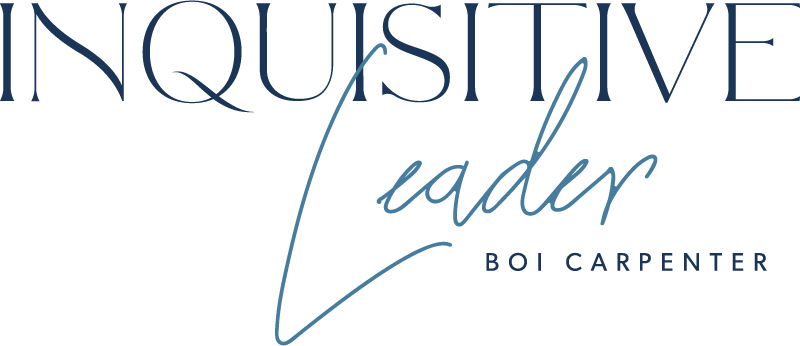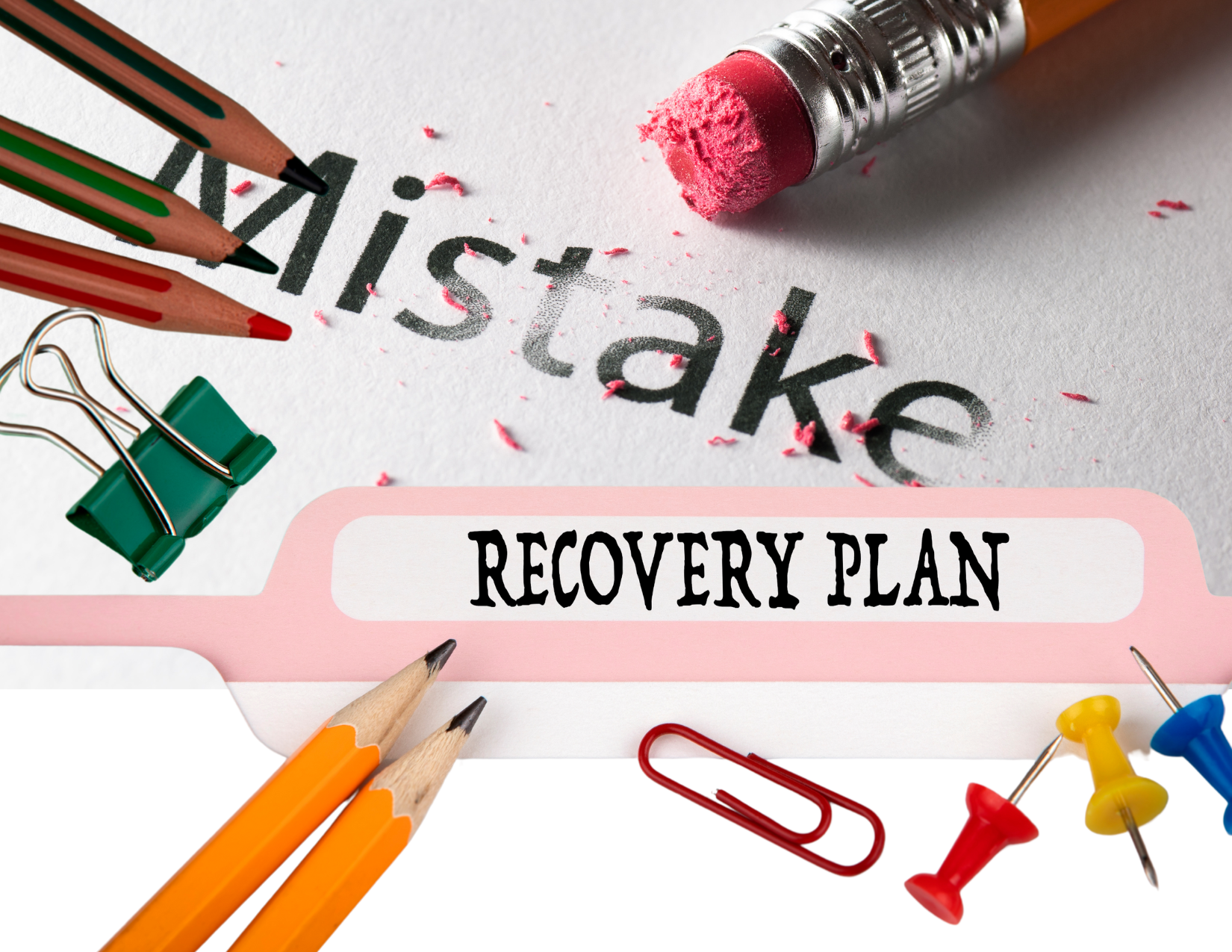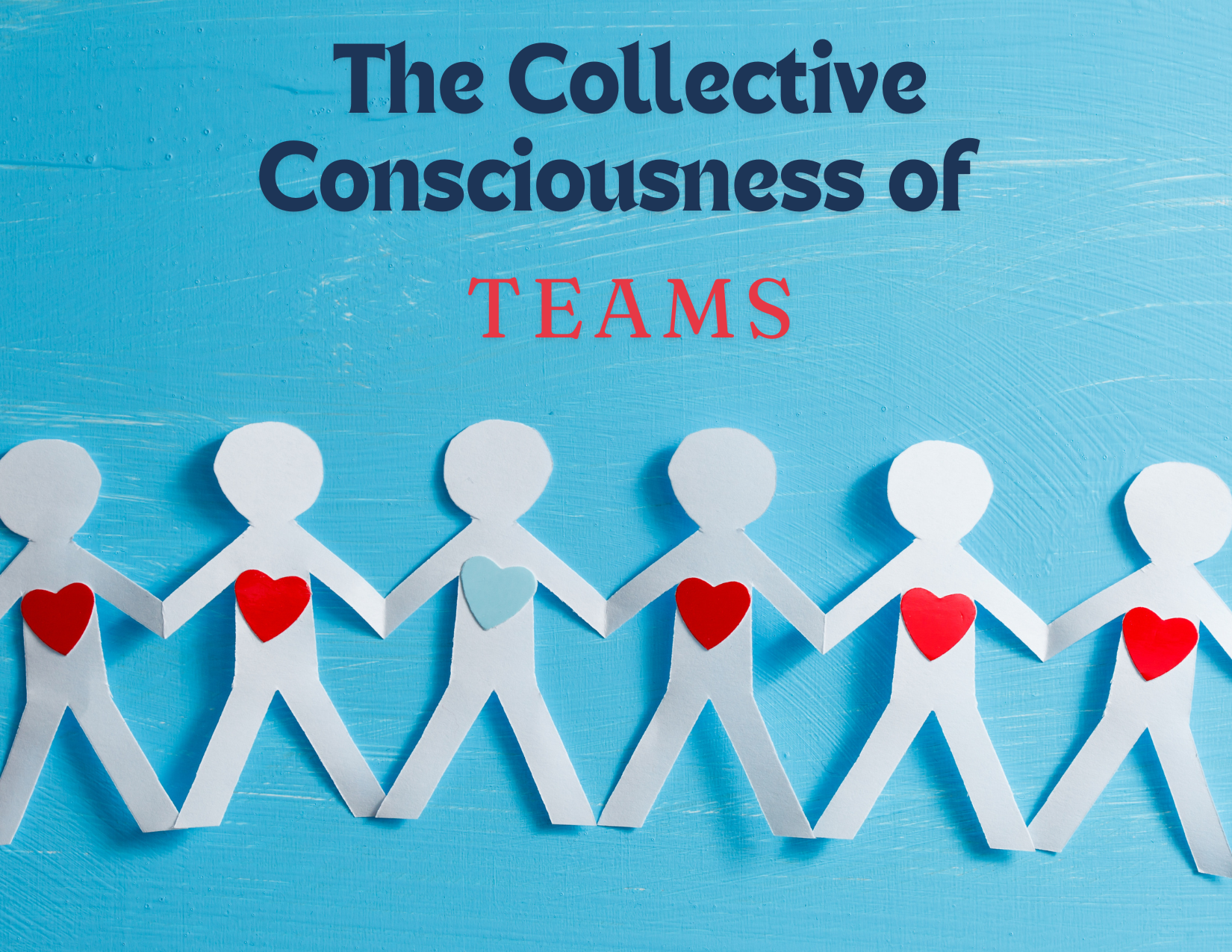Leaders bear a heavy burden to produce results. For a leader, managing risk in a risk-averse work environment can be a tricky proposition. So how does innovation affect results and how does risk affect innovation? Most managers and leaders avoid mid to higher-level risk propositions because it makes them vulnerable and fearful of failure or the perception of failure. However, innovation and transformation do not exist in our comfort zones, and fear of failing can be the nemesis of creativity and productivity.
Fear is one of the most powerful emotions you can experience. Primally speaking, fear is a protective mechanism, but it is also a cognitive process that can result in overthinking. Fear can serve a purpose, for instance, you do not touch an open flame for fear of being burned. However, fear can also be a limiting force affecting how you make decisions and choices, for example, not exploring an idea that you think will be rejected because it goes against the grain of what has been traditionally or historically accepted. But generating new ideas is a necessity for innovation which in turn results in better outcomes and performance.
Fear and risk are close relatives. Fear is managing for loss and risk is managing for failure. Over the years, as I have grown personally and professionally, it has become more apparent to me that for a myriad of reasons I have made very conscious choices and professional contributions that lean towards security and safety. At times, I might have thought I was being risky but on reflection, I realize that I was taking calculated risks with a low degree of failure. Why? Because I existed in a risk-averse environment where fear of failure was the rule not the exception. Over time, I realized that fear of failure and risk aversion were truly limiting factors preventing me from tapping into my full potential and ability to contribute to my organization.
My conundrum was how to be able to have the opportunity to try something that might fail. This is when I came up with the concept of asking my supervisor for “permission to fail.” Asking permission builds a safety net that is hierarchical. It acknowledges that your leader or manager is in the position of power and that you need their buy-in and trust to help manage expectations and come to an understanding where they have your back regardless of the outcome.
Each year, I give myself one opportunity to ask my supervisor for permission to fail and directly ask for permission to fail on a project or idea. In one of our one-on-ones, I pitch what I think is my innovative or transformative idea providing the story that puts it into the context of our organization. I thoughtfully share the pros and cons and engage in a conversation with questions asked and answered. Sometimes, I need to come back with supplemental materials and do more homework. I am always truthful and honest and discuss the risks and the financial implications and then ask for permission to fail. This creates a mutual understanding that if it does not result in the desired outcome there is value in trying and there might be lessons learned that provide value in other ways. I have had wins and I have had failures, but every opportunity has left me better educated to serve my organization to the best of my ability.
What is your permission to fail idea?








2 Responses
I really appreciate how you activated this concept in the reality of your organisation – not going rogue but still pushing boundaries. Early in my career I had a boss who said you should go to work every day willing to lose your job. He meant that we should push him and others rather than simply doing what we were told. I have to check in with myself often about whether I am being true to that. Fear and risk avoidance are companions of mine too.
Thanks Liz. Nothing beats good dialogue.